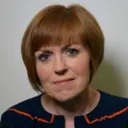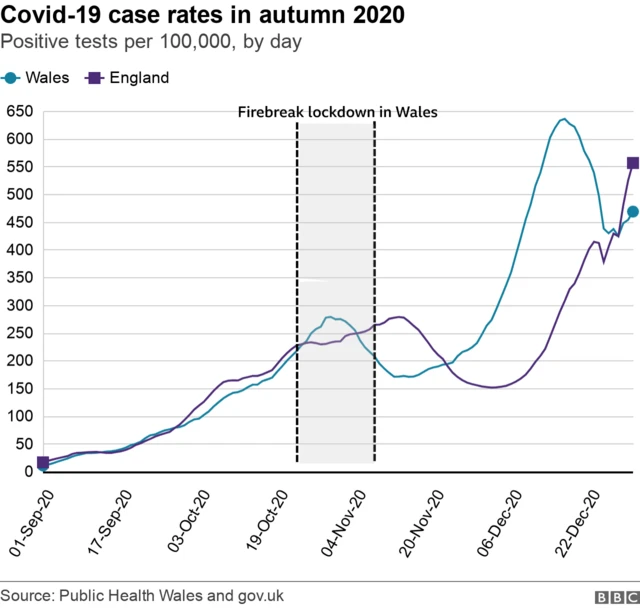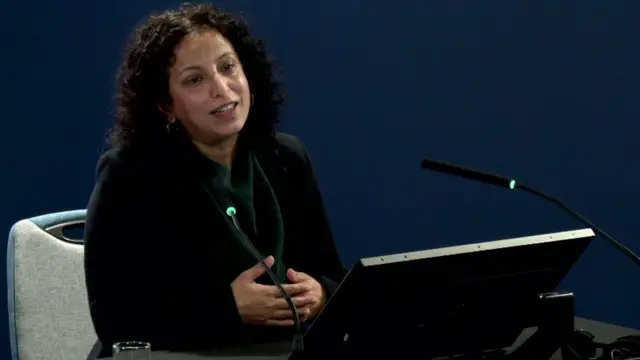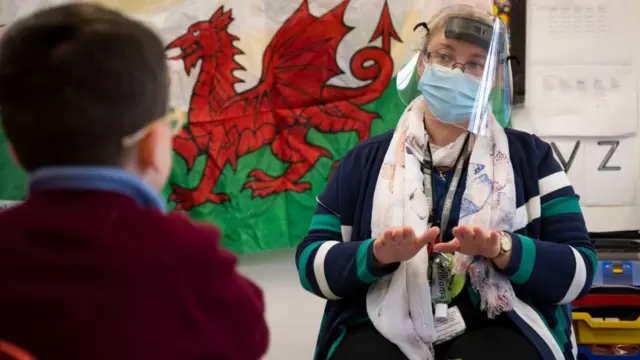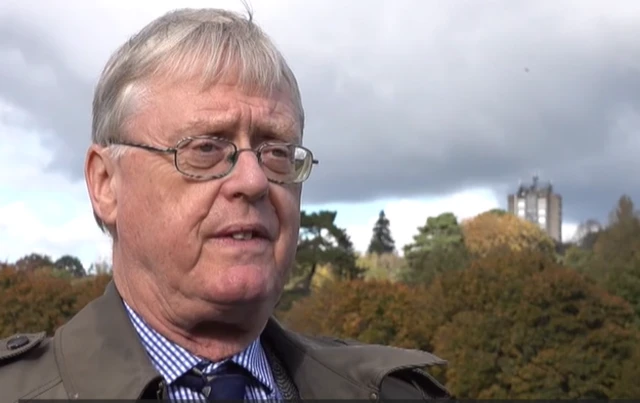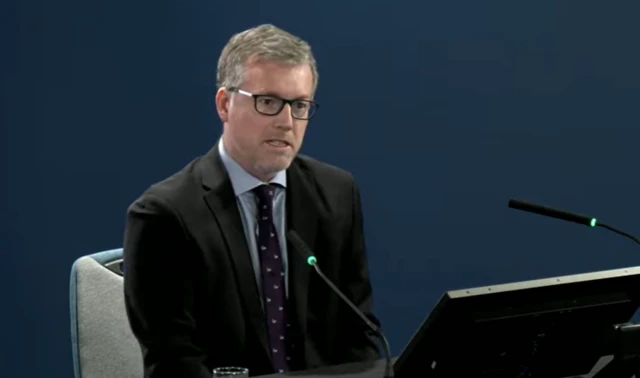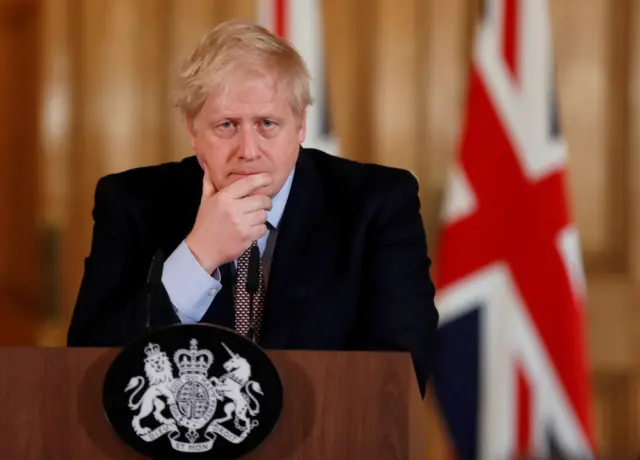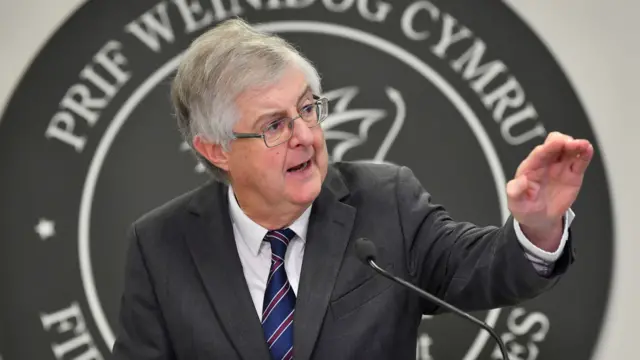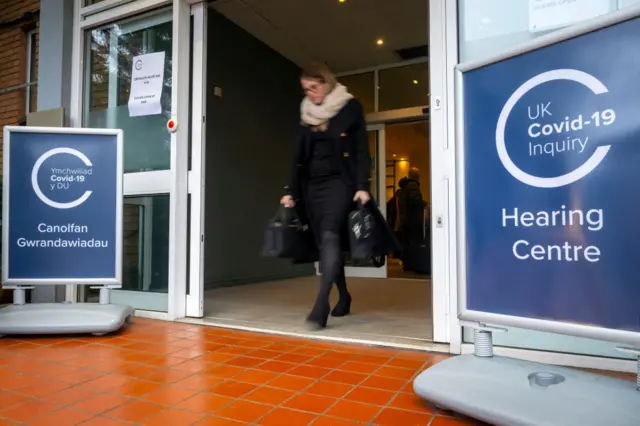Thanks for joining uspublished at 17:13 GMT 1 March 2024
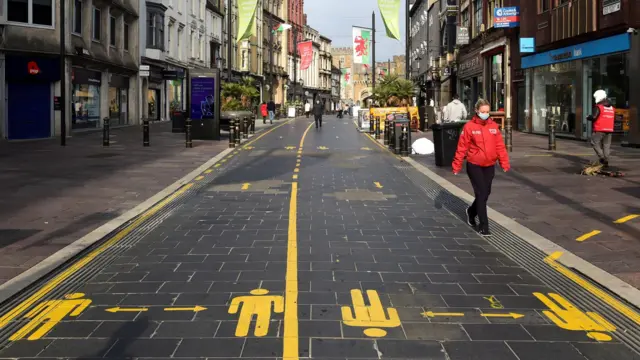 Image source, Reuters
Image source, ReutersThe Welsh government's lockdown strategy, including the decision to ban the sale of alcohol in pubs, came in for criticism on Friday
Our live coverage has come to an end, but here are some of the main developments from the fourth day of the Covid inquiry in Wales.
- Dr Chris Williams, consultant epidemiologist at Public Health Wales (PHW), said attempts to contain a virus like Covid were worth trying, even if it became “essentially impossible after a while”. He also said that an earlier UK-wide lockdown would have reduced deaths in the first wave of the pandemic
- Dr Roland Salmon, previously PHW’s director of communicable diseases, criticised aspects of the Welsh government’s lockdown strategy, including the decision to restrict access to supermarket aisles and prevent pubs from selling alcohol.
- Salmon said that “if people are going into the supermarket, why do you want to shut one aisle and not the other?” adding that such decisions suggested a “lack of lived experience”
- He also said he believed that restrictions disproportionately impacted children, students and young adults. “Those losses of opportunities and that economic loss will translate into ill-health and loss of life expectancy,” he said. “It may not be as immediate but it will certainly be there”
- The inquiry also heard today from Prof Ann John, a member of the Welsh government’s technical advisory group, who said there was no evidence of “pandemic fatigue”. “If you put forward clear and consistent messaging, and supported people to adopt certain behaviour, there was no evidence it existed,” she said.

